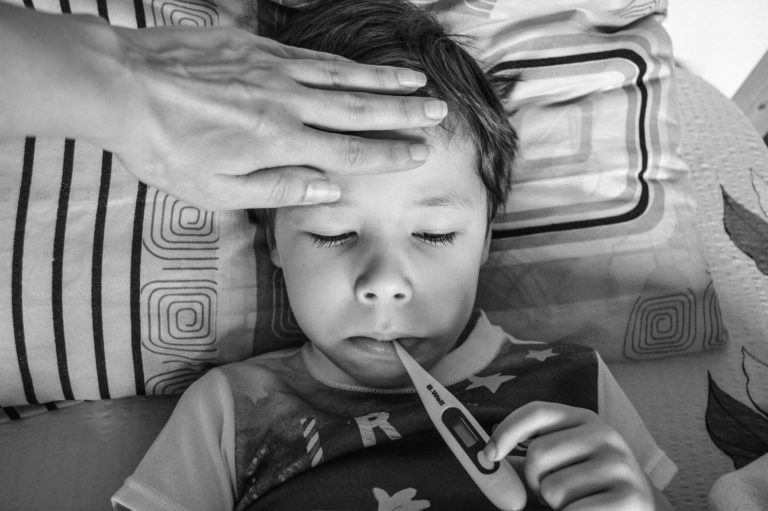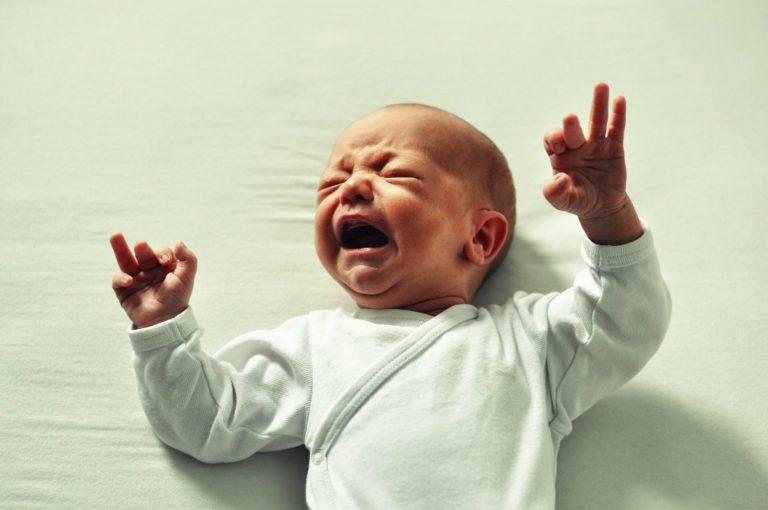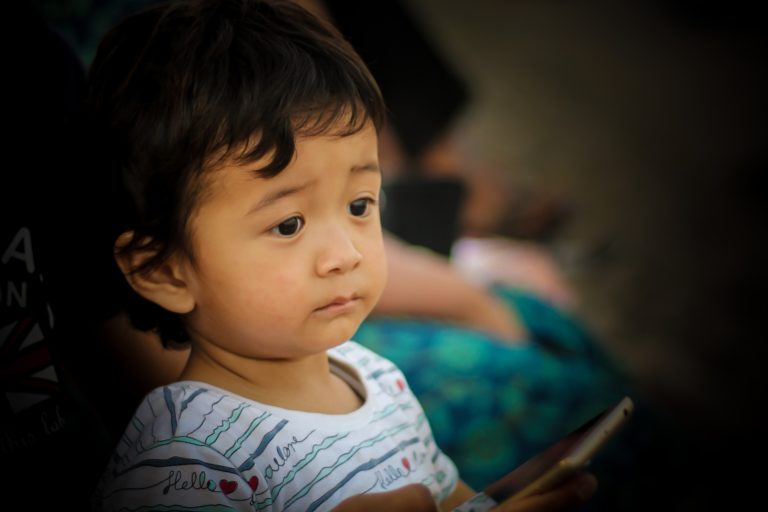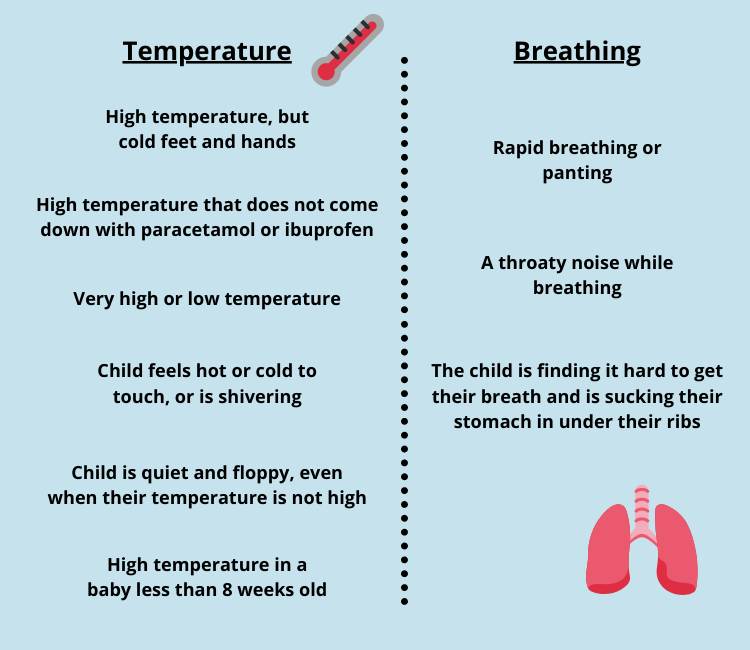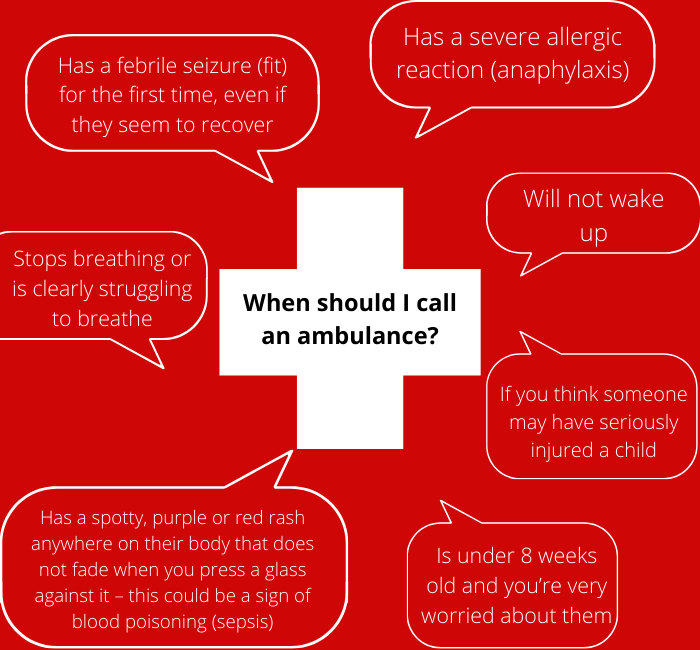Home / Healthcare & Medicine / Antimicrobial & Antibiotic Resistance / Preventing and Managing Infections in Childcare and Pre-school / What to do when children are ill
This article is from the free online
Preventing and Managing Infections in Childcare and Pre-school


Reach your personal and professional goals
Unlock access to hundreds of expert online courses and degrees from top universities and educators to gain accredited qualifications and professional CV-building certificates.
Join over 18 million learners to launch, switch or build upon your career, all at your own pace, across a wide range of topic areas.


